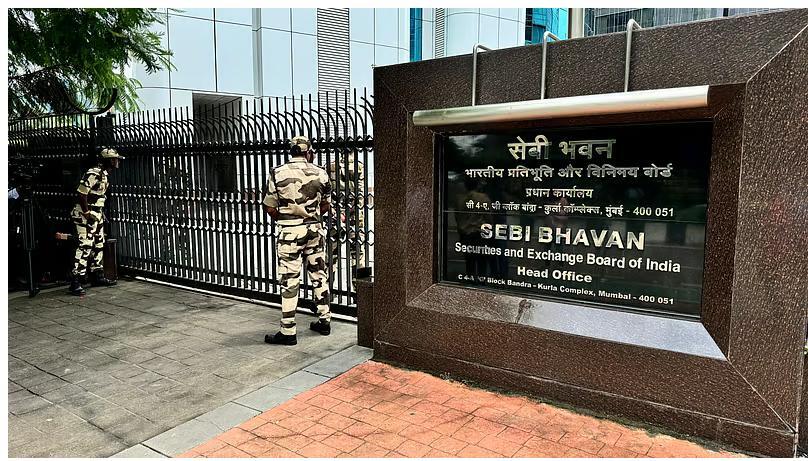
SEBI May Discuss Suitability Test for Retail F&O Investors: Report
The Securities and Exchange Board of India (SEBI) is considering introducing a suitability test for retail investors who engage in futures and options (F&O) trading, according to a recent report by NDTV Profit. This move is aimed at ensuring that only eligible traders participate in F&O, thereby curbing excessive volumes and protecting investors. The Securities and Exchange Board of India’s Secondary Market Advisory Committee will reportedly discuss the proposal, which is part of SEBI’s broader efforts to improve market standards and safeguard investor interests.
The suitability test would assess the knowledge and financial capability of retail F&O investors to engage in such high-risk trading activities. This would help SEBI identify and weed out investors who may not be equipped to handle the complexities and risks associated with F&O trading. By doing so, the regulator hopes to reduce the number of new traders entering the market, thereby decreasing the overall volumes and volatility.
The report suggests that the suitability test would be a mandatory requirement for all retail F&O investors, including those who trade through online platforms or brokers. The test would likely include questions that evaluate an investor’s understanding of F&O trading, market risks, and financial management. This would help SEBI ensure that investors have a basic understanding of the products they are trading and the risks involved, thereby reducing the likelihood of financial losses.
The move is seen as a positive step towards protecting investors and improving market standards. F&O trading is a high-risk activity that requires a deep understanding of market dynamics, trading strategies, and risk management techniques. Many retail investors lack the necessary knowledge and experience to navigate the complexities of F&O trading, which can result in significant financial losses.
In recent years, SEBI has taken several measures to improve market standards and protect investors. These measures include increasing the margin requirements for F&O trading, introducing position limits for certain stocks, and strengthening surveillance mechanisms to detect and prevent market manipulation.
The suitability test for retail F&O investors is part of SEBI’s ongoing efforts to improve market standards and safeguard investor interests. The regulator has been working to increase transparency and accountability in the market, while also reducing the risk of financial losses for investors.
The benefits of a suitability test for retail F&O investors are numerous. Firstly, it would help SEBI identify and deter investors who are not equipped to handle the risks associated with F&O trading. Secondly, it would promote a culture of responsible investing, where investors are aware of the risks and rewards associated with F&O trading. Finally, it would help reduce the overall volumes in the F&O market, thereby decreasing market volatility and improving market efficiency.
However, some critics have raised concerns about the feasibility and effectiveness of the suitability test. They argue that the test may be too complex or difficult for some investors to pass, which could lead to a decline in F&O trading volumes and a loss of investor interest in the market.
In conclusion, SEBI’s proposal to introduce a suitability test for retail F&O investors is a positive step towards protecting investors and improving market standards. The test would help ensure that only eligible traders participate in F&O trading, thereby reducing the risk of financial losses and promoting a culture of responsible investing. As the regulator continues to work towards improving market standards and safeguarding investor interests, the suitability test is an important step in the right direction.





